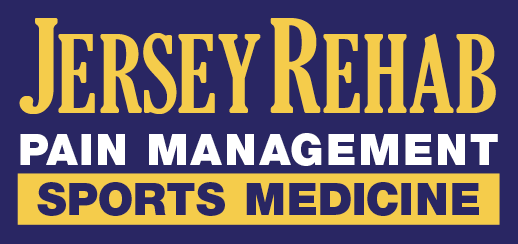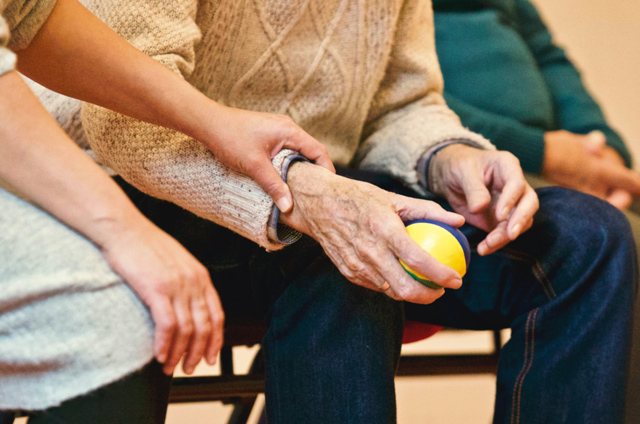5 Reasons Why Your Hands/Wrist May be Hurting
Most cases of hand or wrist pain are not serious and will clear up on their own in a few days or weeks. There are some simple things you can do at home to ease the pain and speed up your recovery, but what does it mean if the pain doesn’t go away or gets better and then gets worse again?
Let’s look at some of the common causes of hand and wrist pain and a few tips for managing your symptoms.
1. Carpal Tunnel Syndrome
Carpal tunnel syndrome is one of the most common causes of nerve pain in the hand. The symptoms are usually worse at night than during the day and include pain, weakness, tingling and numbness.
Carpal tunnel syndrome happens because swelling constricts the median nerve that is responsible for controlling sensation and muscle impulses in the thumb and most fingers. The best way to treat this condition is with rest, anti-inflammatory medications, wrist splints, steroid shots, physical therapy or surgery.
2. Arthritis
Another common problem to be aware of is arthritis. This condition causes the joints to lose cartilage, causing them to rub against each other. Over time, this leads to pain, inflammation and swelling in the thumb and finger joints.
Because arthritis is a progressive condition, surgery may eventually be necessary to relieve your pain. In the meantime, you can manage your symptoms with anti-inflammatory medications, heat, physical therapy and splints for the fingers or wrist.
3. De Quervain’s Tendinitis
De Quervain’s tendinitis causes pain on the thumb side of the wrist. The pain can start gradually or suddenly and travel up to the forearm. Wrist fractures and repetitive activities make you more likely to get de Quervain’s tendinitis, though the exact cause is unknown.
If you have de Quervain’s tendinitis, you might notice that you experience pain when making a fist, grasping objects or turning your wrist. The best treatments are a splint, anti-inflammatory medications and cortisone injections.
4. Fractures
You might assume that you would know if you had a fracture because of the pain, but that’s not always the case. Some fractures are mild and may include some pain and swelling. Severe fractures can prevent you from moving your finger.
A doctor will have to diagnose a fracture using diagnostic testing. The treatment you receive depends on the type of break and its severity. Simple breaks often use a cast or splint, while more serious ones may require pins, needles, plates or surgery.
5. Trigger Finger
Also known as stenosing tenosynovitis, this condition causes the fingers or thumb to lock in a bent position. This condition develops when the flexor tendons become irritated. The tendons can’t move smoothly and may eventually become stuck.
Doctors don’t know what causes trigger finger, though it’s more common in adults between the ages of 40 and 60, as well as those who have gout, rheumatoid arthritis or diabetes. Treatment consists of pain medications, cortisone shots, wearing a splint or surgery.
Relieve Hand or Wrist Pain Today
Even though hand and wrist pain is common and generally not a cause for concern, it’s still important to know what may be causing the pain and the best ways to treat your symptoms. Jersey Rehab offers a wide range of alternative therapies to treat de Quervain’s tendinitis. Contact us today at one of our three convenient locations.

